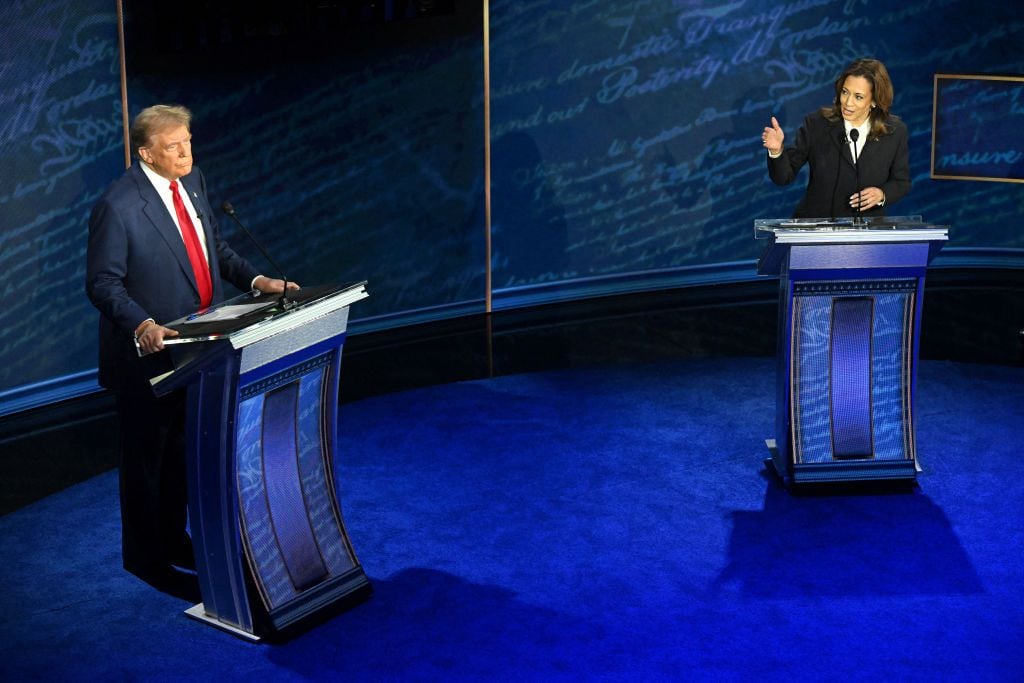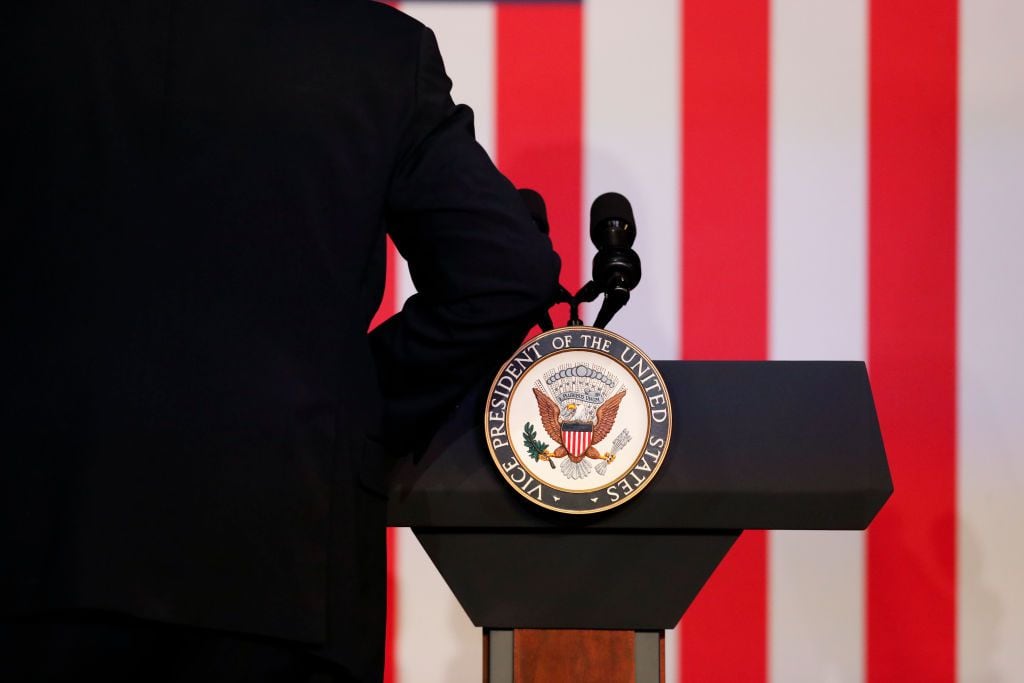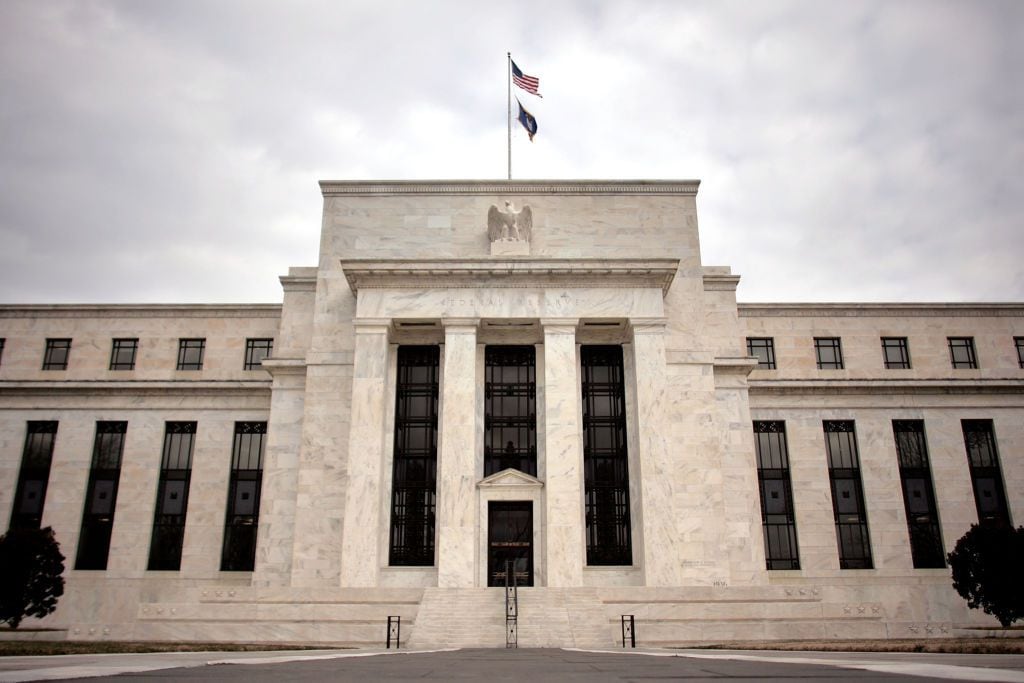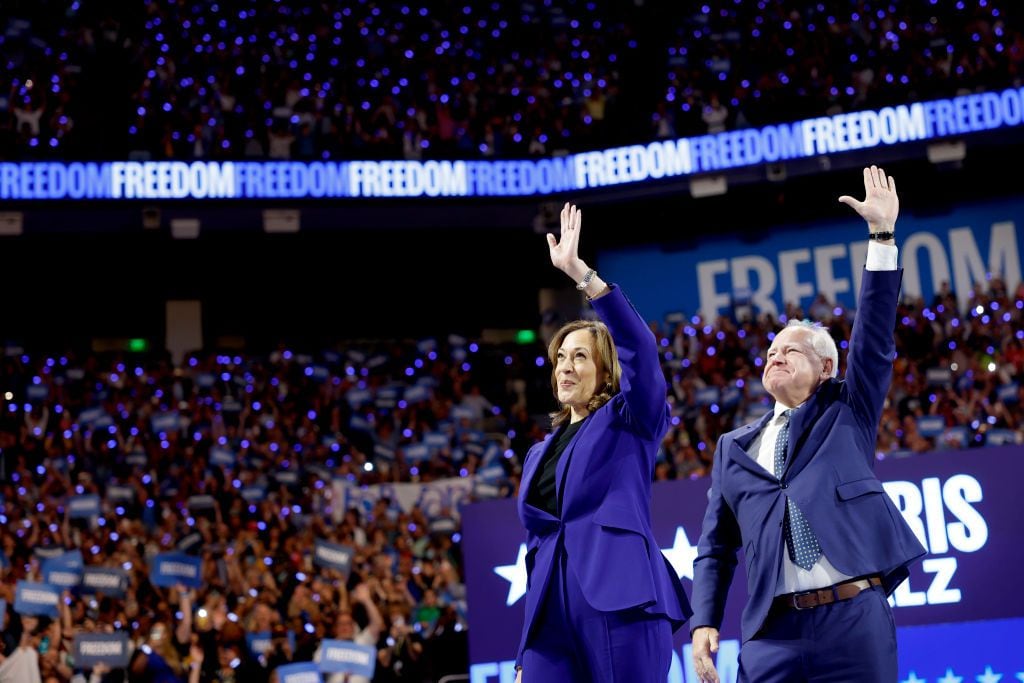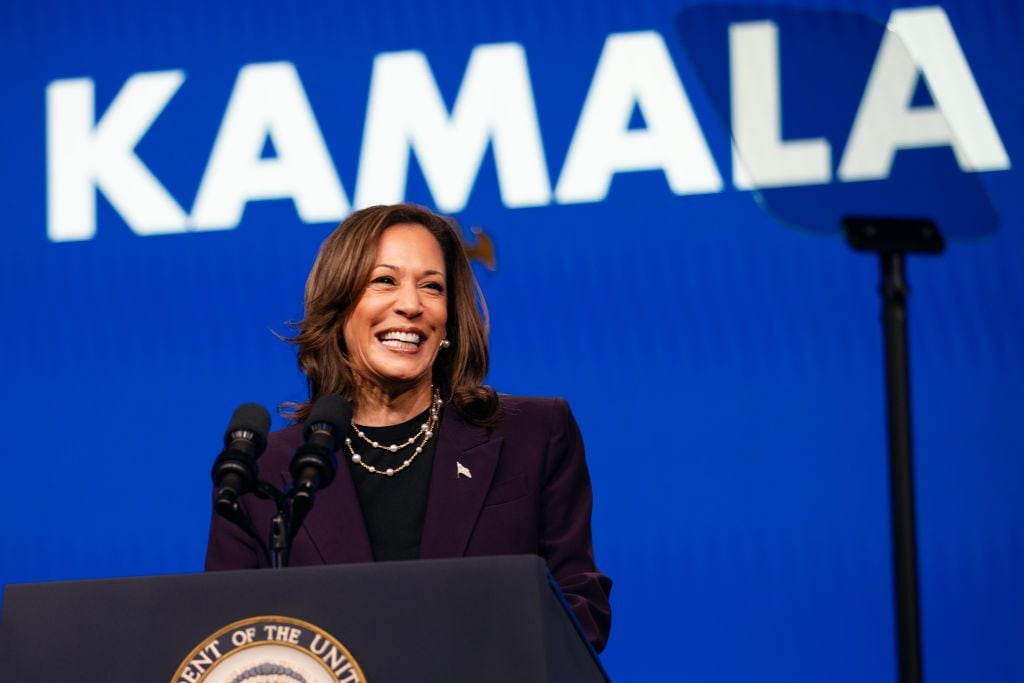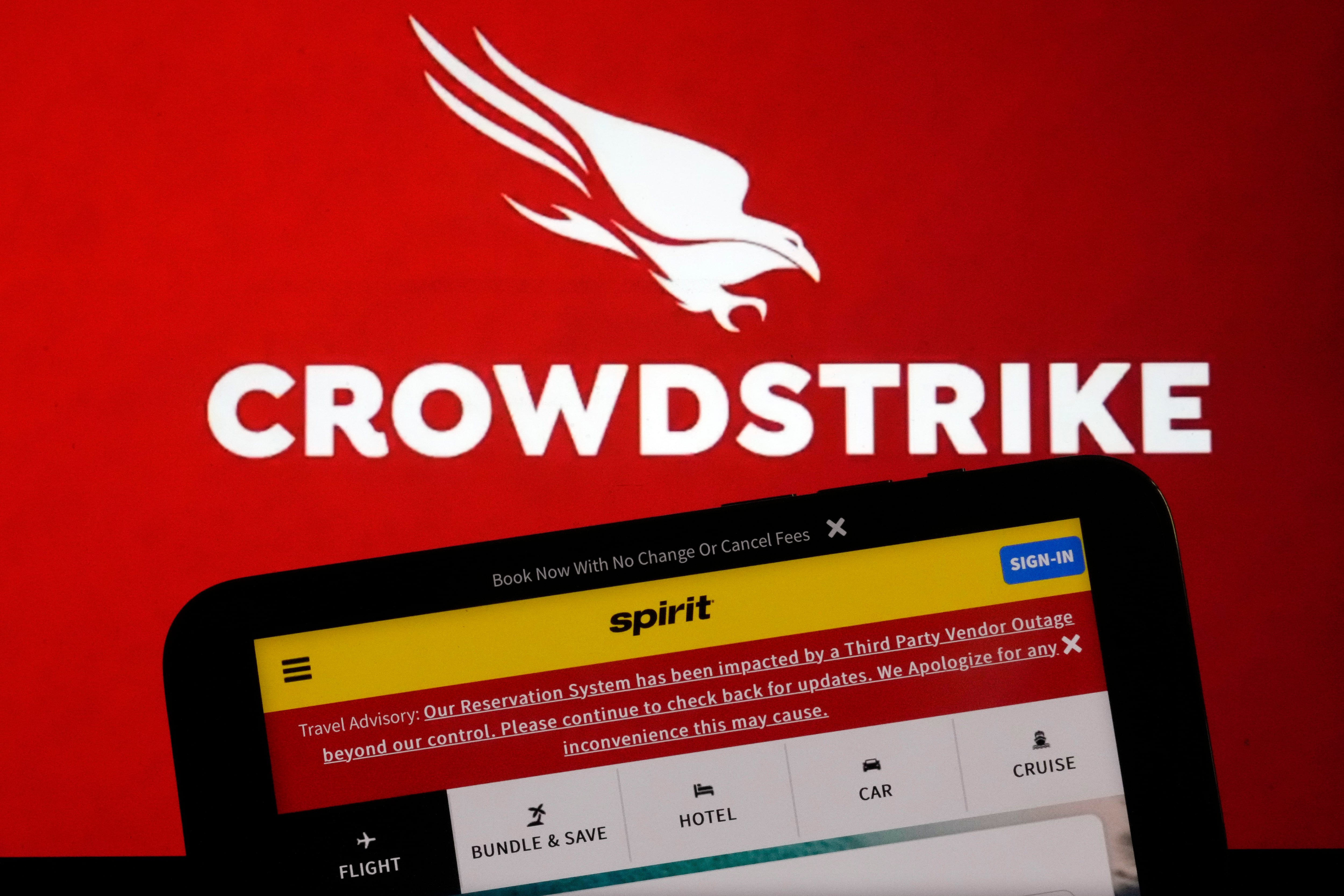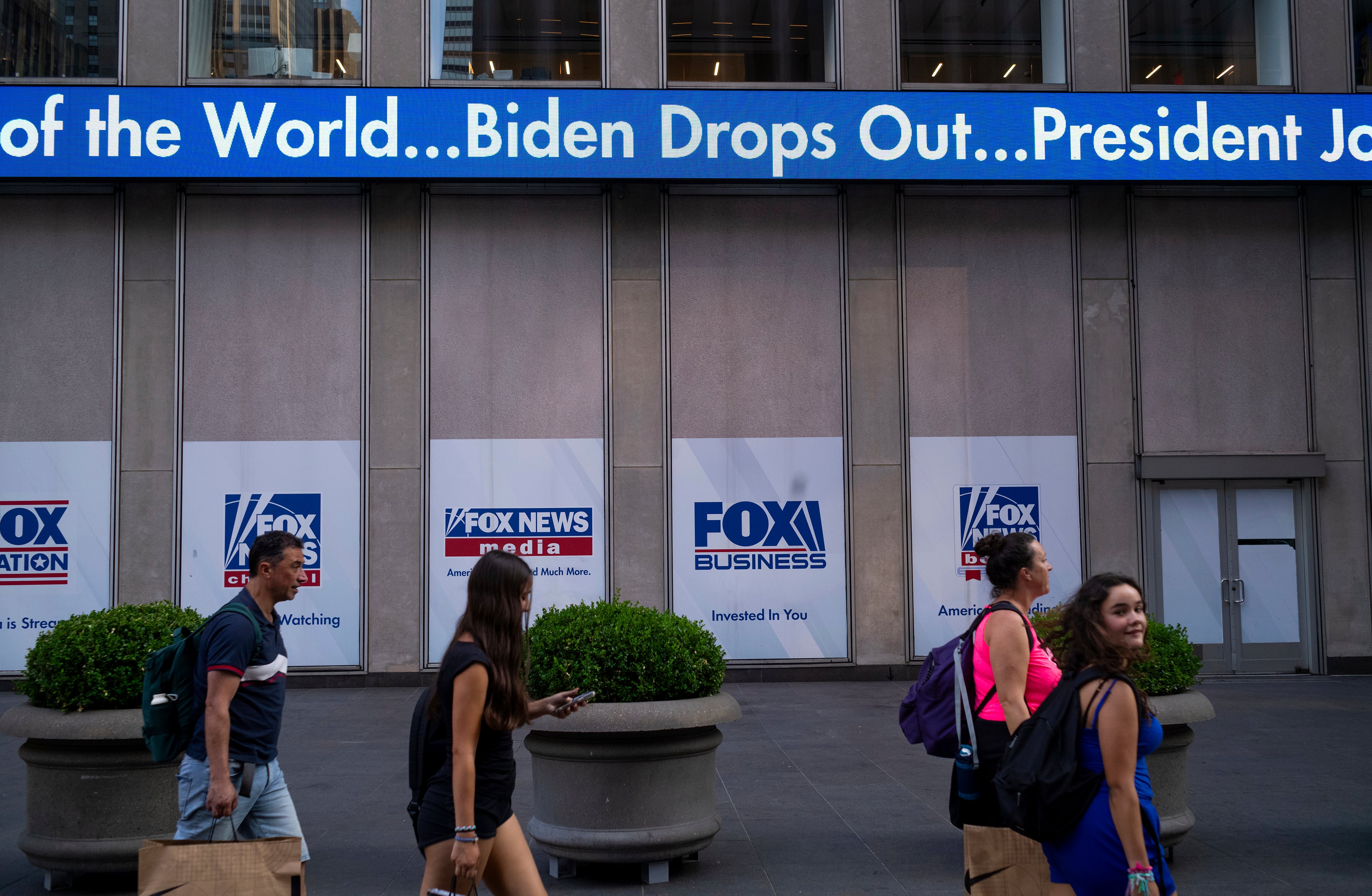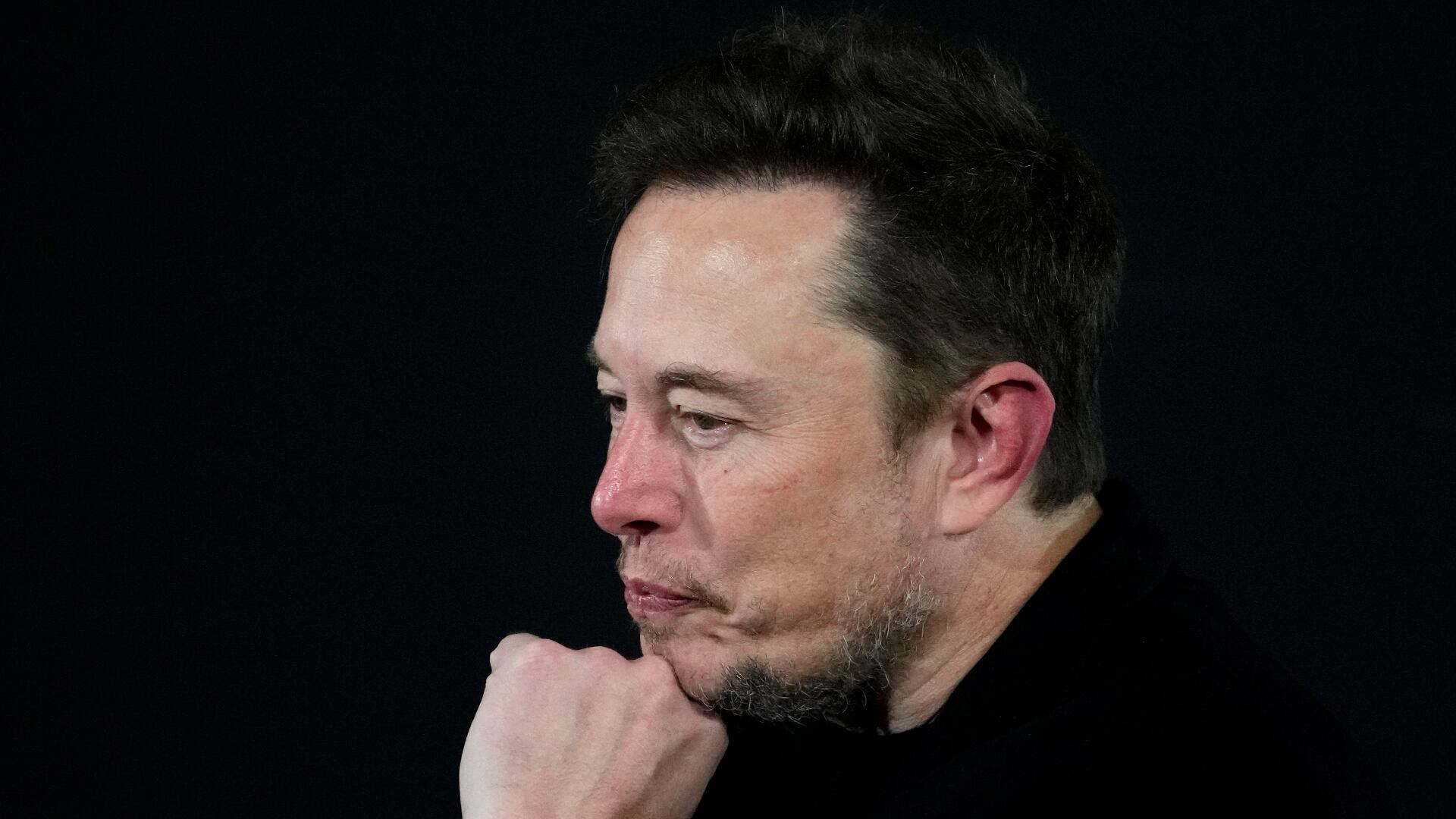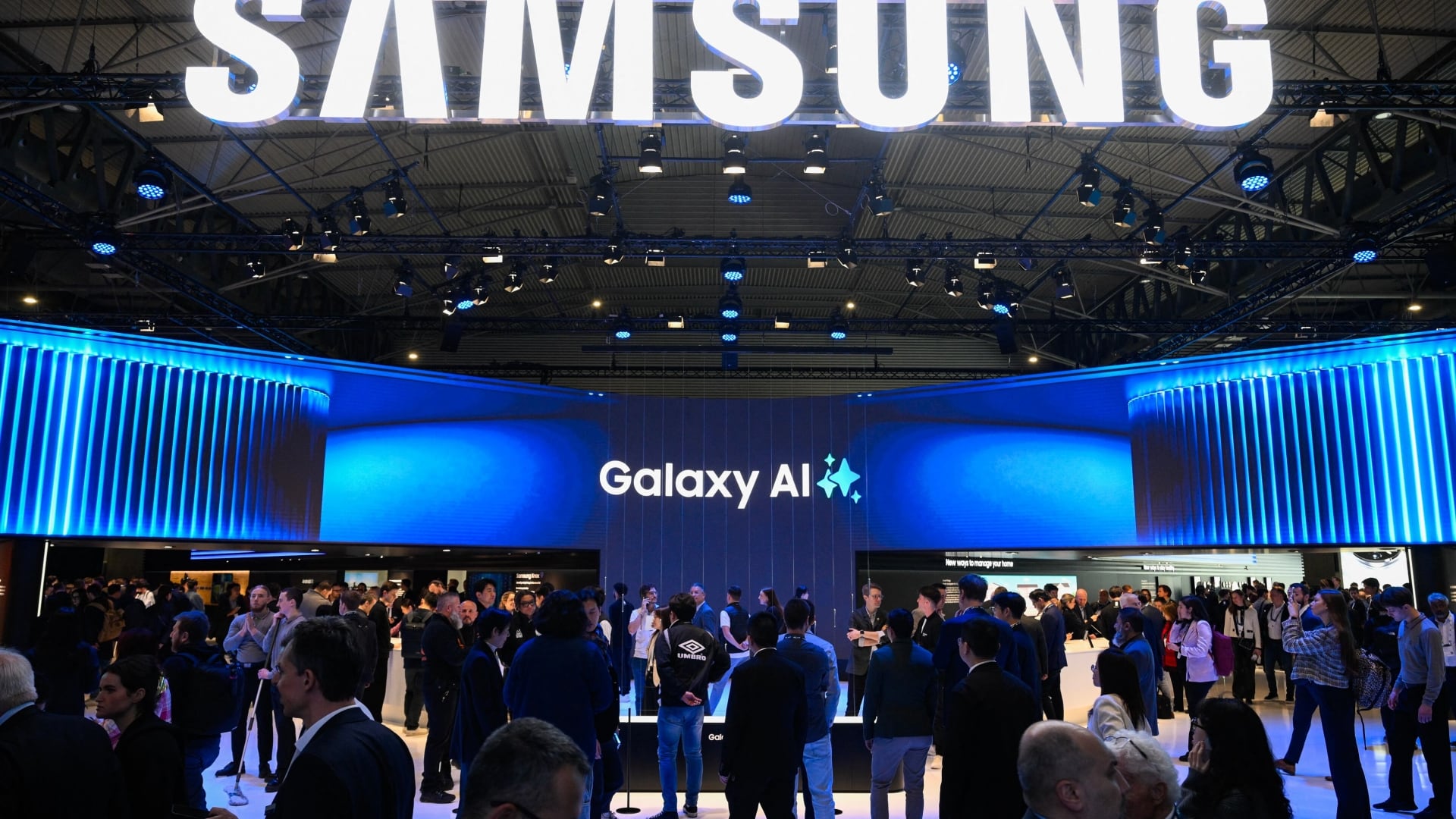Livable wages continue to be an important issue among voters, especially amid the coronavirus pandemic, and when it comes to President Donald Trump and former Vice President Joe Biden, the candidates have widely different approaches to raising incomes.
The federal minimum wage sits at just $7.25 an hour and has not seen an increase since 2009. An employee working a full-time job on a minimum wage salary makes just over $15,000 annually, but according to a study by GoBankingRates, the lowest median living wage rate for a U.S. state is about $58,000 in Mississippi.
When questioned about raising the federal minimum wage, President Trump said he would consider it but prefers to let states dictate increases. According to the president, a strong economy would lift wages and not hurt small business owners.
Biden, on the other hand, has committed to raising the federal minimum wage to $15 by 2026, the amount being part of the demand raised by the #FightFor15. The movement began in New York City in 2012 when more than 200 fast food workers walked out on the job in protest for higher pay.
Critics of a federally mandated increase in the minimum wage agree with the president's view that it would negatively impact small business owners and also would add to job losses, a drop in work hours, and higher prices for consumers.
However, a study by the House Committee on Education and the Workforce contends that a higher minimum wage would actually boost consumer spending and create more jobs.
